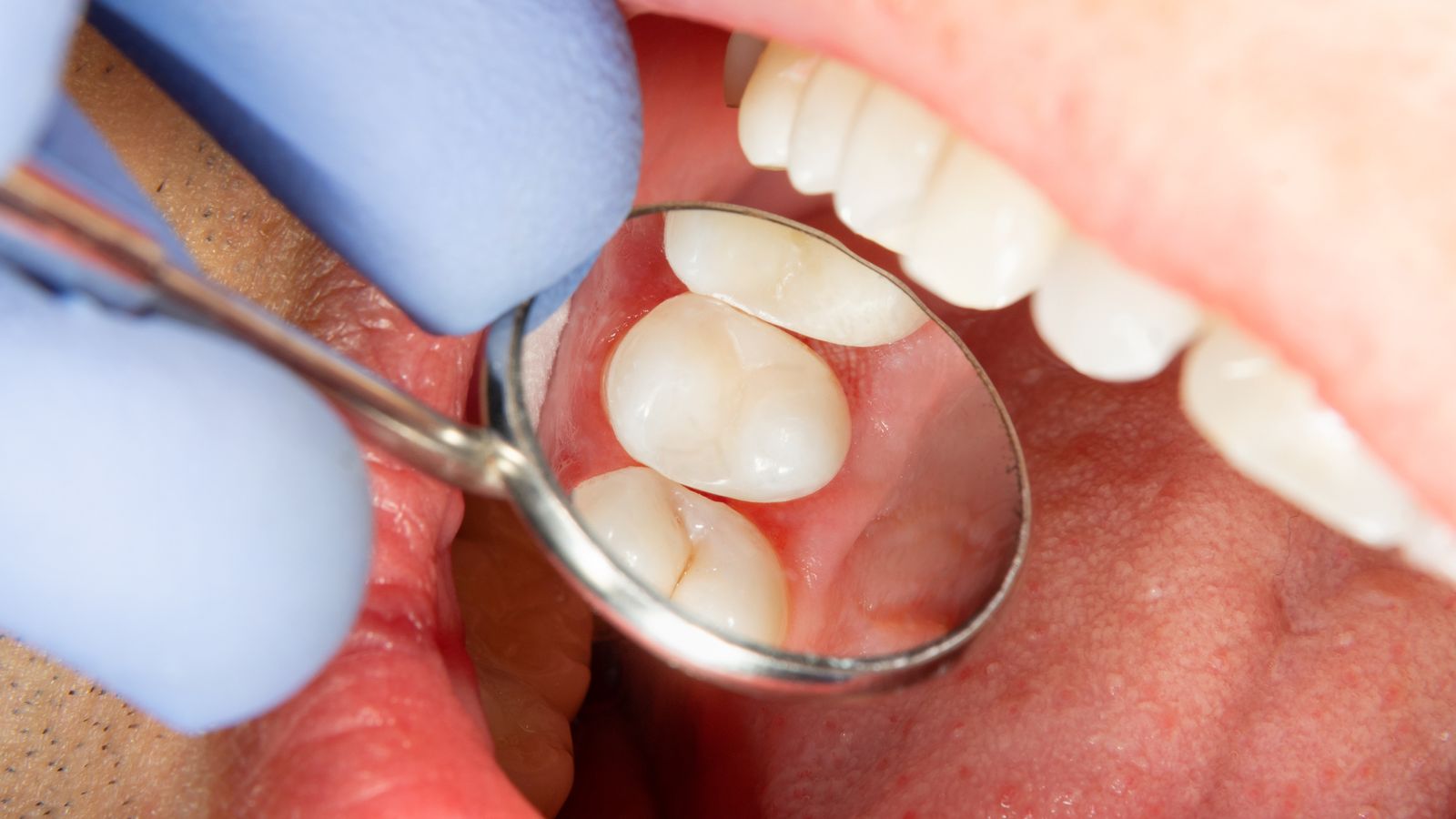U.K News
NHS dentists ‘very weak’ and ‘not fit for purpose’, health leaders warn

The State of NHS Dentistry: A Growing Crisis
A Damning Assessment of NHS Dentistry
England’s Chief Medical Officer, Professor Sir Chris Whitty, has delivered a stark warning about the state of NHS dentistry, describing it as "very weak" and "not fit for purpose." Speaking to the Public Accounts Committee in Parliament, Sir Chris painted a bleak picture of a system in decline, particularly for vulnerable populations. He emphasized that the lack of access to NHS dental care for children is setting them up for "lifelong poor dental health," a consequence that could have far-reaching implications for their well-being. Sir Chris’s remarks underscore a growing crisis in dental care, where the system is failing to meet the needs of patients, especially during emergencies. He lamented that the NHS dental system has grown weaker over time, with many of its challenges remaining unaddressed.
The Decline of NHS Dentistry Over Decades
Sir Chris Whitty’s critique of NHS dentistry is both alarming and revelatory. He pointed out that the system has not operated as it should since the early 1990s, with successive changes either failing to improve the situation or exacerbating existing problems. This long-term decline has left the NHS dental system in a state of disrepair, far behind other areas of the NHS. The focus on early prevention, which Sir Chris described as "absolutely critical," has been neglected, leading to a reality where dental health issues are often addressed too late. This failure is particularly devastating for children, whose early experiences with dental care can shape their health outcomes for decades to come.
The Impact on Children’s Dental Health
One of the most concerning aspects of the NHS dental crisis is its impact on children. Sir Chris highlighted that tooth decay has become a common issue, with many young children requiring invasive procedures to address the destruction of their teeth. Shockingly, data reveals that as many as six in 10 children in England have rotting teeth by the age of five. These statistics are even more stark in poorer regions, where access to preventive care is limited, and dental hygiene is often neglected. The disparity between affluent and disadvantaged areas is stark, with regions like London, the North East, and the South West seeing rising rates of poor dental health among young children. This early onset of dental problems sets the stage for a lifetime of poor oral health, which can have broader implications for overall health and well-being.
The Failure of the Dental Recovery Plan
In an effort to address the growing crisis, the previous Conservative government introduced the Dental Recovery Plan in February 2024. The plan aimed to tackle the shortages in NHS dentistry by promising 1.5 million new treatments for patients. However, when questioned about the plan’s progress, Sir Chris Whitty delivered a stark verdict: "The very short answer is no." The plan has failed to deliver on its promises, with no significant increase in the number of dentists providing NHS care. While the overall number of dentists has risen, many have opted out of offering discounted NHS services, further reducing access for patients who rely on the system. This failure has left millions of people without the dental care they need, deepening the crisis.
Regional Disparities in Dental Care
The crisis in NHS dentistry is not evenly distributed across England. Sir Chris Whitty and other NHS leaders have pointed to stark regional disparities in dental health outcomes. Children in poorer areas are far more likely to suffer from tooth decay and other dental issues compared to their peers in more affluent regions. For instance, the number of five-year-olds with poor dental hygiene is on the rise in London, the North East, and the South West. These disparities highlight the broader issue of inequality in healthcare access, where those in greater need often face the greatest barriers to receiving care. The failure to address these disparities has only exacerbated the problem, leaving vulnerable populations further behind.
A Call to Action for Urgent Reform
The warnings from Sir Chris Whitty and other NHS leaders serve as a stark reminder of the urgent need for reform in the dental care system. The current state of NHS dentistry is unsustainable, with far-reaching consequences for public health. The focus must shift to early prevention and increasing access to dental care, particularly for children and disadvantaged communities. Without meaningful action, the crisis will continue to deepen, leaving millions of people to suffer the consequences of poor dental health. The time for change is now, and the government, healthcare leaders, and policymakers must come together to address this critical issue before it is too late.
This growing crisis in NHS dentistry is a call to action for all stakeholders involved. The system’s failure to deliver adequate care, particularly for children, is unacceptable and demands urgent attention. The road ahead will require a commitment to reform, increased funding, and a focus on prevention to ensure that everyone, regardless of their background, has access to the dental care they need. Only then can the NHS dental system begin to recover and provide the level of care that patients deserve.
The voices of Sir Chris Whitty and other healthcare leaders must be heard, and their warnings must not fall on deaf ears. The future of NHS dentistry—and the health of millions of people—depends on it.


















